‘How to Train Your Dragon’ Shows Man’s Good Stewardship
Half a lifetime ago, I would have been nervous about How to Train Your Dragon.12
I would have thought: Why does this story attempt to show that “evil” creatures aren’t always evil? Or what we think is good isn’t always good? Why do they show mankind as bad and nature as good? Isn’t this story trying to subvert traditional concepts of right and wrong?
Some stories do attempt this.3
But thanks to Biblical theology, I no longer have that objection to all such stories. That’s because I believe that in the real world, we often find a third party between pure good and worst evil. If our view of the True Story includes only God (good) and man (bad), we’ll be confused when stories explore how this third party—the creation itself—plays in the story.
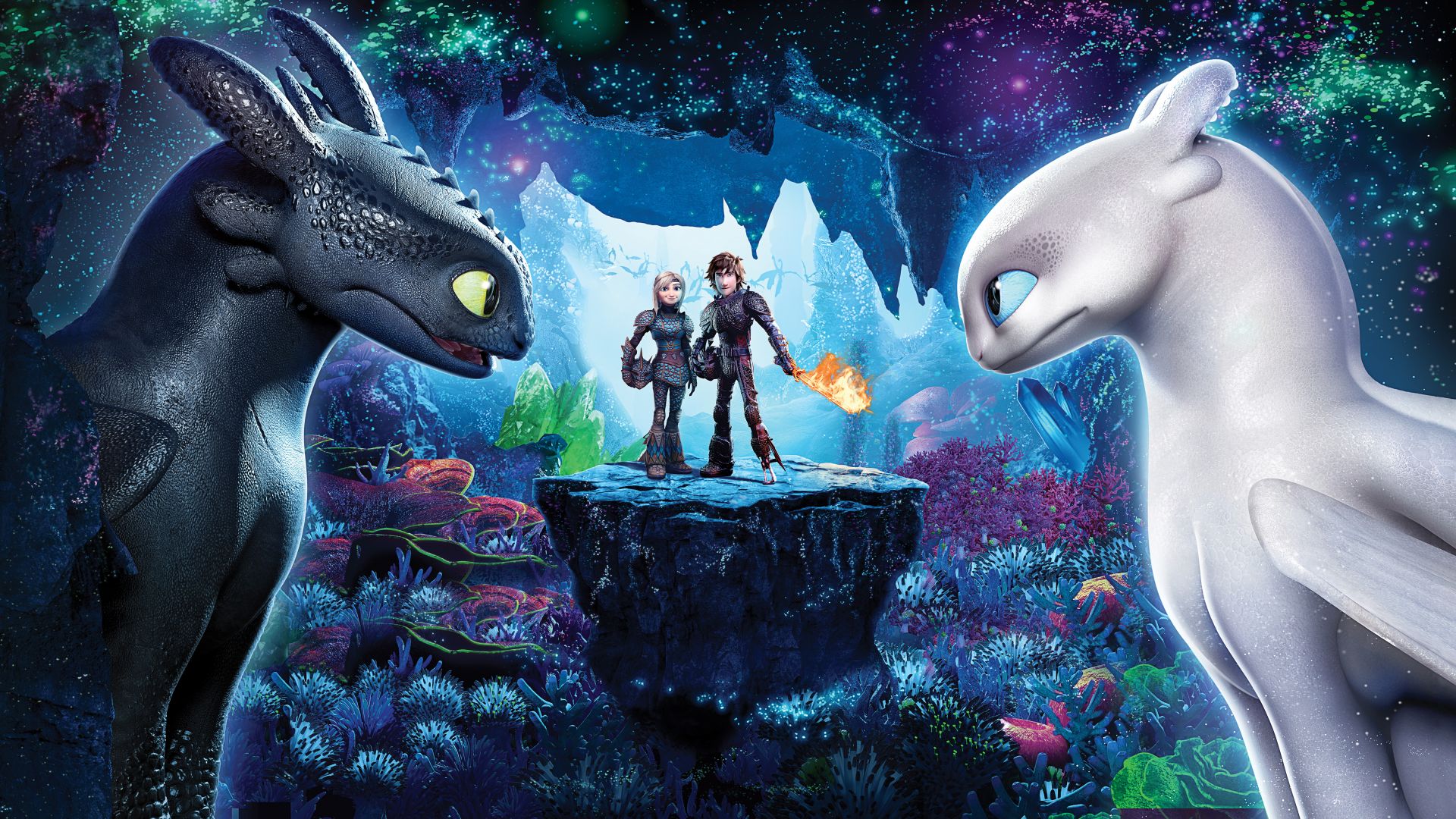
How to Train Your Dragon: bad humans versus good dragons?
If you go into How to Train Your Dragon or its two sequels, expecting binary categories of right and wrong (man is good/bad, dragons are good/bad), you will be confused.
Is the story’s “bad guys” the humans, such as the Vikings?
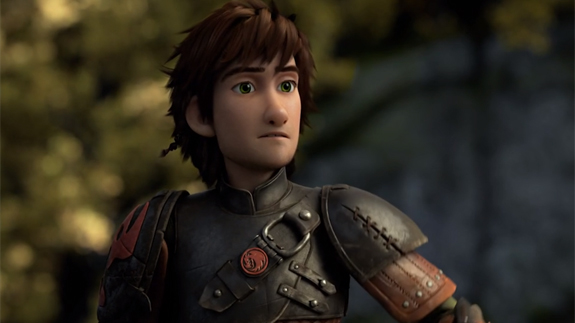
An older Hiccup, from How to Train Your Dragon’s 2014 sequel.
That doesn’t make sense. If this series wants to say “humans are bad,” why does this story also want us to love these heroes, especially spunky dragon-trainer Hiccup?
Is the story’s “good guys” the dragons? If so, why does the first film show that wild dragons are genuinely dangerous?
And why would the second film and third films show human villains who manipulate or abuse dragons? As opposed to our heroic Vikings who befriend and train them?
In any case, the first film’s victory comes after estranged father Stoick and son Hiccup both admit their human wrongs and reconcile. Near the end, Hiccup even rides his new dragon Toothless into a spectacular battle against a gargantuan, fire-breathing, traditionally evil dragon.
In the first How to Train Your Dragon film, man and creation must reconcile. By the story’s end, Vikings and dragons have learned to work together and find redemption. Yet man has not simply become “at one with nature,” as if wild nature is superior. Instead man has stopped sinning against nature and become a better nature-steward. The meaning is right there in the title: it’s not “how to be trained by your dragon,” but “how to train your dragon.”
Even in How to Train Your Dragon 2, when we find that a heroine has been living wild with dragons, the story doesn’t leave her there. Without a thought, she is invited to rejoin civilization and take her place in a dragon-training society.
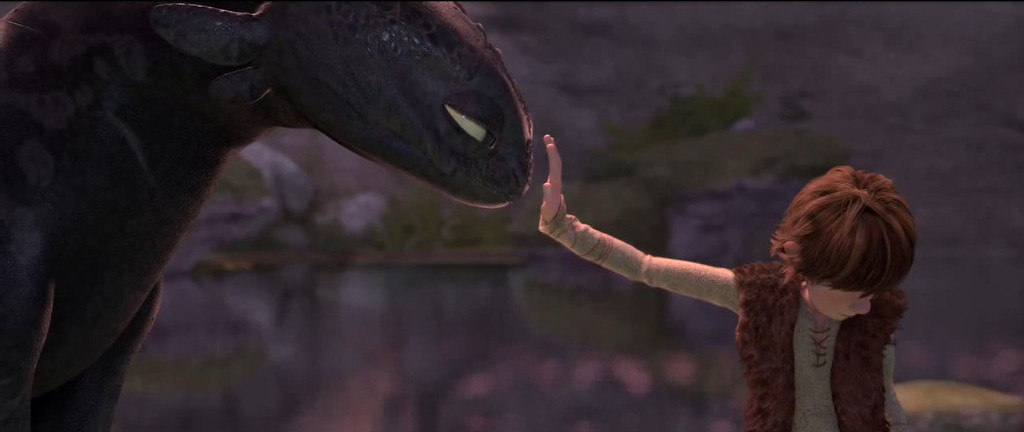
Echoes of groaning Earth
I don’t know the intentions of the How to Train Your Dragon creators. But I do know their subversions of traditional “villains” like evil dragons need not be seen as attacks on biblical morality. In fact, they echo the biblical truth of creation’s redemption:
- Mankind sins against God (Genesis 3). It’s man’s fault.
- God curses the ground (Genesis 3: 17–19). But it’s not creation’s fault.
- Ever since, mankind has had a love/hate relationship with creation.
- Jesus Christ comes to redeem His children.
- And someday even “the creation itself will be set free from its bondage to corruption and obtain the freedom of the glory of the children of God” (Romans 8:21).
Until that day, “the whole creation has been groaning together in the pains of childbirth until now” (Romans 8:22). Groaning creation lashes back at mankind. Dragons in ignorance or fear blast our homes and even kill us. But just these stories end in hope—with the fearful dragons now friendly and tamed—so Jesus Christ will make his redeemed world where man’s and creation’s groaning turns to singing.
And in that day, perhaps for real, the dragons will return.
- This article remixes my original 2014 article at Speculative Faith, Dragons, Maleficent, and Echoes of Groaning Earth. I’ve added a few elements to reflect the second and third films, especially the trilogy’s newest conclusion, How to Train Your Dragon: The Hidden World. ↩
- The ongoing Weaker Brothers Shouldn’t Boss Christians series will continue tomorrow. ↩
- If stories do try to subvert right and wrong, a disciplined Christian can see them for what they are. Such a wise Christian can even subvert the subversion, by showing how the evil-thing-isn’t-really-evil stories still show that something is absolute evil. Even “subversive” stories must show absolute evil in some way. ↩






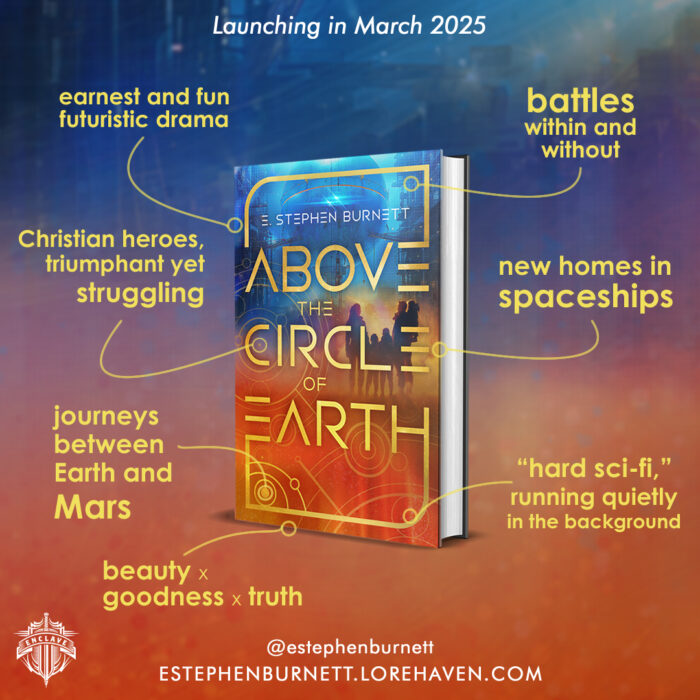




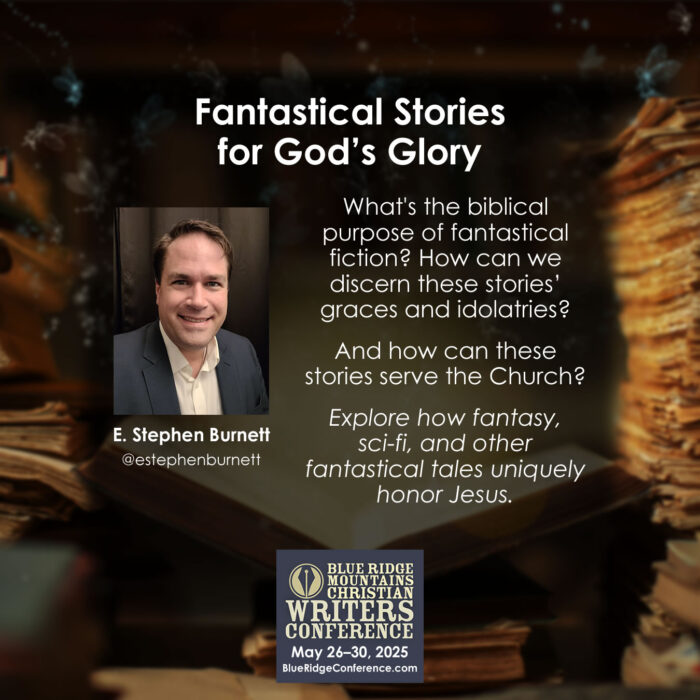




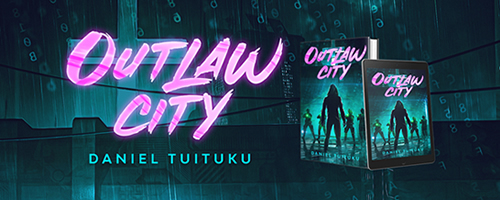
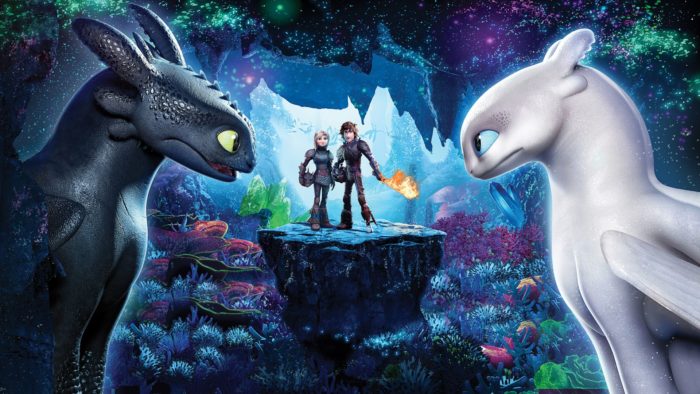
[…] ‘How to Train Your Dragon’ Shows Man’s Good Stewardship | E. Stephen Burnett, Feb 25 […]